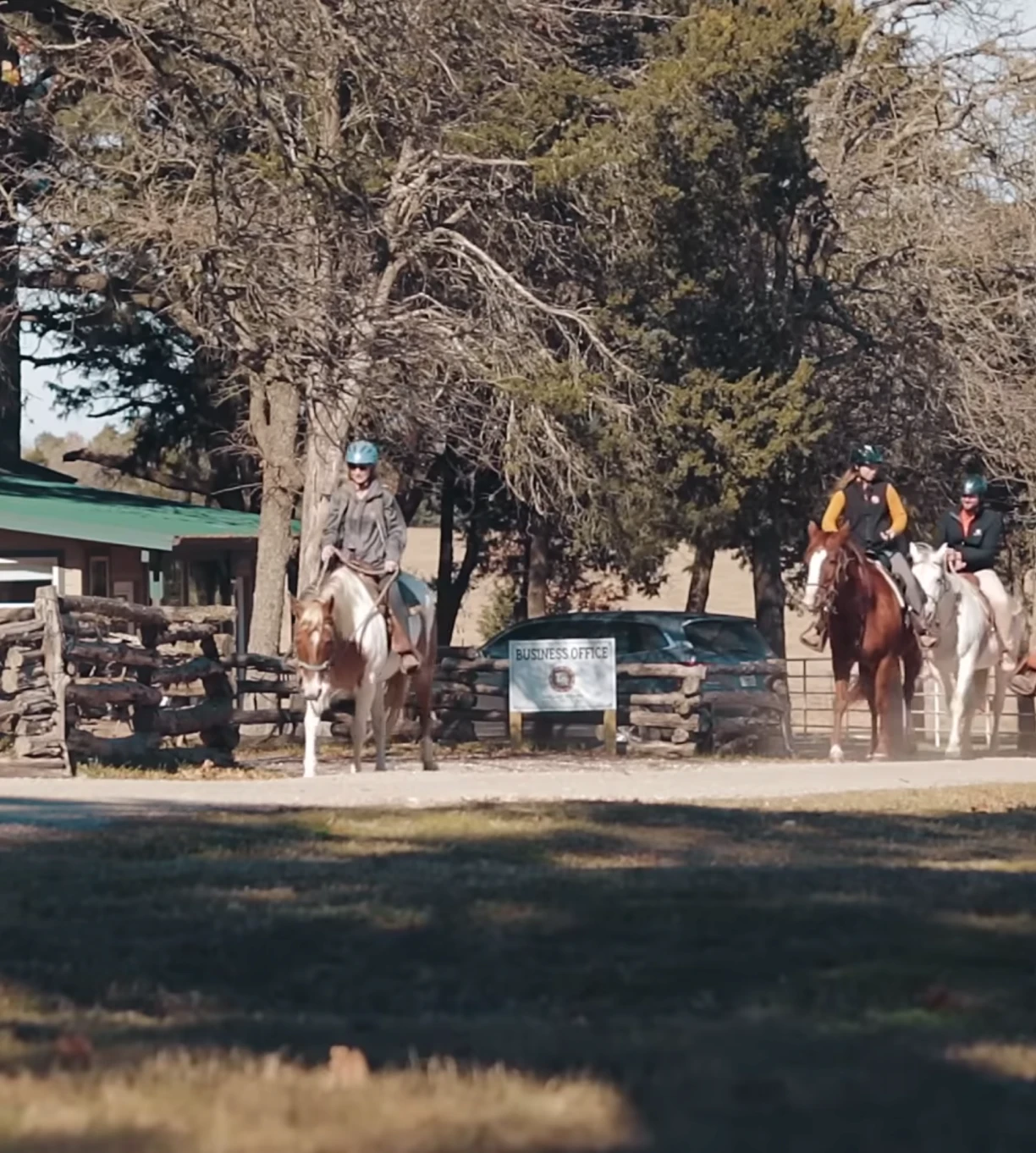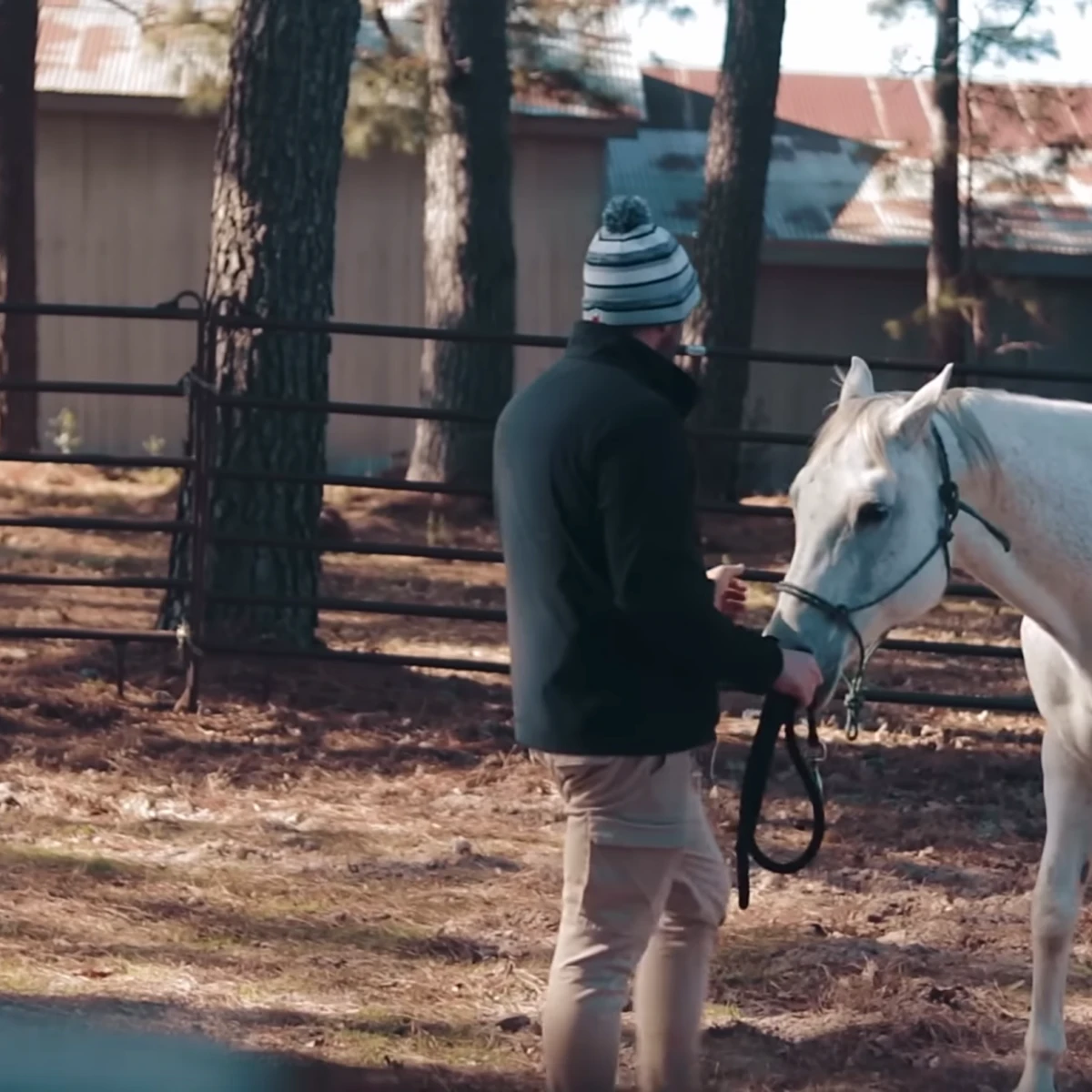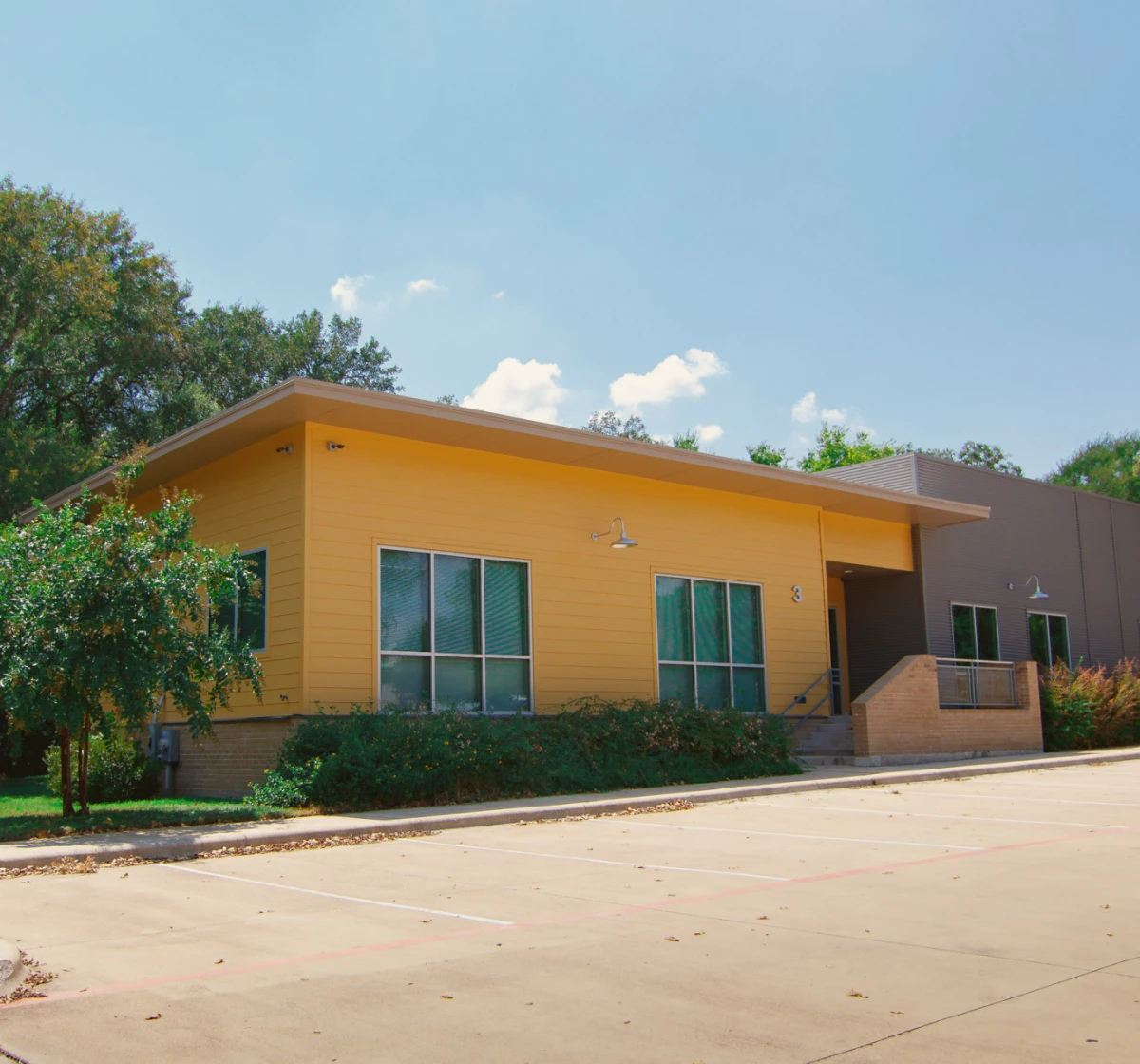We work with insurances. Verify yours now
Learn about the impact of addiction and dual diagnosis issues with The Last Resort’s psychoeducation groups and treatment.
The Last Resort specializes in providing men with the knowledge they need to overcome addiction. Through structured programs and personalized sessions, our one-of-a-kind treatment experience gives you critical knowledge about addiction, its effects, and practical strategies for recovery.
Our approach integrates evidence-based therapies and experiential learning, creating a deeper understanding of the challenges involved in the healing process. We empower each man to make informed decisions and take positive steps toward lasting sobriety.


Psychoeducation in addiction refers to the process of educating people and their families about substance use issues, mental health conditions, and treatment strategies.[1] In the context of addiction recovery, psychoeducation aims to provide knowledge and understanding of addiction, its effects on the person and their loved ones, and effective coping mechanisms.[2]
It often includes information about the biological, psychological, and social aspects of addiction, as well as practical skills for managing triggers, preventing relapse, and promoting overall well-being.[3]
Psychoeducational treatment empowers people by arming them with information that supports informed decision-making and enhances their ability to navigate the challenges of recovery successfully.
The Last Resort firmly believes in everyone’s ability to grow and overcome the challenges of addiction. Increasing your understanding of how substance abuse impacts you can be a powerful catalyst for personal transformation and long-term recovery. We firmly believe in everyone’s ability to grow and overcome the challenges of addiction, and increasing your understanding of how substance abuse impacts you is a crucial step toward reclaiming control over your life and achieving lasting sobriety.

Psychoeducation in counseling has proven to be a key component of the treatment process due to several key reasons:[4]
One of the primary mechanisms through which psychoeducation works is by empowering people with knowledge about their condition. By understanding the nature of their symptoms, triggers, and underlying mechanisms, you can gain a sense of control over their experiences. This knowledge reduces fear and uncertainty, fostering a proactive approach to managing your mental health.
When people understand the rationale behind psychoeducational interventions, they are more likely to engage actively in treatment. Psychoeducation helps demystify therapeutic techniques, making them more approachable and understandable. This understanding increases adherence to treatment plans and enhances the effectiveness of therapeutic interventions.
Education about substance abuse and dual diagnosis conditions helps dispel myths and reduce stigma. By providing accurate information, psychoeducation promotes a more compassionate and informed view of your challenges.
Psychoeducation often includes teaching practical skills and coping strategies that you can use in your daily life. These may include stress management techniques, relaxation exercises, effective communication strategies, and problem-solving skills. By learning and applying these skills, you can better navigate your challenges and improve your overall quality of life.
Educating family members and caregivers about drug and alcohol abuse can create a more supportive environment. When loved ones understand the challenges faced by those battling with substance abuse, they can provide more effective support and encouragement.
In addition to aiding in recovery, psychoeducation can also play a crucial role in prevention and relapse prevention as well. By educating people about early signs of recurrence or exacerbation of symptoms, they can take timely action to prevent setbacks. This proactive approach reduces the likelihood of relapse and promotes long-term stability.
There are several different kinds of psychoeducational groups, each designed to meet specific needs and goals of its participants:[5]
These groups focus on educating individuals about a particular condition, such as substance abuse. Participants learn about symptoms, triggers, treatment options, and coping strategies tailored to their condition.
These groups aim to teach specific skills that enhance mental health and overall well-being. Examples include stress management, mindfulness meditation, assertiveness training, communication skills, anger management, and problem-solving techniques.
These groups involve family members and caregivers of people struggling with addiction and co-occurring issues. They focus on educating families about the nature of the condition, effective communication strategies, how to provide support, and how to take care of their own well-being while supporting their loved ones.
These groups address the unique challenges faced by those who have both a mental health disorder (like bipolar disorder, anxiety disorders, depression, etc.) and a substance use disorder. Participants learn about the interactions between mental health and substance use, dual recovery strategies, and skills for maintaining sobriety and mental wellness.
These groups focus on teaching practical life skills that contribute to overall well-being. Topics may include financial management, time management, healthy lifestyle habits (e.g., nutrition, exercise), job readiness, and social skills development.
These groups focus on identifying early warning signs of crisis or relapse and developing strategies to prevent escalation. Participants learn crisis management techniques, safety planning, and access to support during crises.
These different types of psychoeducational groups provide structured learning environments where participants can acquire knowledge, skills, and support to effectively manage their challenges and improve their overall quality of life.

Engaging in psychoeducation offers a structured approach to understanding and managing your mental and physical health. You’ll receive comprehensive education about your specific conditions, including their primary symptoms, causes, and treatment options. Sessions will equip you with practical coping strategies such as stress management techniques, mindfulness practices, and problem-solving skills. These skills are designed to be directly applicable to your daily life, empowering you to navigate challenges more effectively.
Expect to develop awareness of early warning signs for relapse and strategies to prevent setbacks as well. Participation often occurs in a supportive environment, whether in group settings (psychoeducational groups for substance abuse) or involving family members (also known as family psychoeducation), allowing for peer support and mutual understanding.
Overall, psychoeducation encourages ongoing learning and growth, providing you with tools to enhance your resilience and manage your health more proactively.

At The Last Resort, psychoeducation therapy is specially designed to empower men and their families in their journey toward recovery and healing. Our psychoeducational treatment and psychoeducational groups for addiction focus on equipping participants with practical insights and strategies specific to their unique challenges.
Whether in group settings or one-to-one sessions, you and your loved ones can expect a supportive environment at our Austin campus where you’ll gain new insights into your experience and learn effective skills for living a life of clarity and sustained sobriety.
Psychoeducation differs from traditional therapy in that it focuses primarily on providing education and information about mental health conditions, symptoms, treatment options, and coping strategies. Unlike traditional therapy, which often involves a deeper exploration of emotions, thoughts, and past experiences, psychoeducation aims to empower individuals through knowledge and practical skills.
Psychoeducation can be delivered in various formats, including individual sessions, group settings, workshops, or as part of a structured program. It is typically led by mental health professionals such as psychologists, psychiatrists, social workers, or trained educators. Sessions may include lectures, discussions, interactive activities, and multimedia presentations to effectively convey information and engage participants.
Psychoeducation sessions cover a wide range of topics depending on the specific needs of participants and their mental health conditions. Common topics include understanding the nature of the condition (e.g., symptoms, causes), medication management (if applicable), coping strategies (e.g., stress management, relaxation techniques), recognizing early warning signs, communication skills, and strategies for preventing relapse.
The duration of psychoeducation can vary depending on the specific goals, format, and needs of participants. It may range from a few sessions to several weeks or months, with sessions typically lasting from 60 to 90 minutes each. Some psychoeducation programs are designed to be short-term and focused, while others may be integrated into ongoing treatment plans.
Coping strategies taught in psychoeducation sessions aim to help individuals manage symptoms and improve their overall well-being. Examples include mindfulness techniques, cognitive-behavioral strategies (e.g., challenging negative thoughts), problem-solving skills, assertiveness training, social skills development, relaxation exercises (e.g., deep breathing, progressive muscle relaxation), and strategies for improving sleep hygiene.
[1] Sarkhel, S., Singh, O., & Arora, M. (2020). Clinical Practice Guidelines for Psychoeducation in Psychiatric Disorders General Principles of Psychoeducation. Indian Journal of Psychiatry, 62(8), 319–323. https://doi.org/10.4103/psychiatry.indianjpsychiatry_780_19 on June 19, 2024
[2] SAMHSA. (2020). Substance Use Disorder Treatment for People With Co-Occurring Disorders UPDATED 2020 TREATMENT IMPROVEMENT PROTOCOL TIP 42. https://store.samhsa.gov/sites/default/files/pep20-02-01-004.pdf on June 19, 2024
[3] Kaminer, Y., Burleson, J. A., & Goldberger, R. (2002). COGNITIVE-BEHAVIORAL COPING SKILLS AND PSYCHOEDUCATION THERAPIES FOR ADOLESCENT SUBSTANCE ABUSE. The Journal of Nervous and Mental Disease, 190(11), 737–745. https://journals.lww.com/jonmd/Abstract/2002/11000/COGNITIVE_BEHAVIORAL_COPING_SKILLS_AND.3.aspx on June 19, 2024
[4] Center for Substance Abuse Treatment. (2018). 2 Types of Groups Commonly Used in Substance Abuse Treatment. Nih.gov; Substance Abuse and Mental Health Services Administration (US). https://www.ncbi.nlm.nih.gov/books/NBK64214/ on June 19, 2024
[5] U.S. DEPARTMENT OF HEALTH AND HUMAN SERVICES, Substance Abuse and Mental Health Services Administration, & Center for Substance Abuse Treatment. (n.d.). Module 2: Types of groups used in Substance Abuse Treatment. In TIP 41 [Report]. https://store.samhsa.gov/sites/default/files/tip41_mod2_0.pdf on June 19, 2024
Our admission specialists are ready to talk with you 24/7 about starting the journey. We always treat each caller with the utmost respect, detailing your treatment options and respecting your confidentiality.
Based on your assessment, we’ll work together to create a customized treatment plan that addresses your needs, ensuring you have the support and resources necessary to achieve your goals.
The Last Resort is in-network with most major insurance companies. Fill out the form below to verify your healthcare coverage within the hour.
We’ll welcome you to our campus and start laying the groundwork for a successful, long-term recovery.